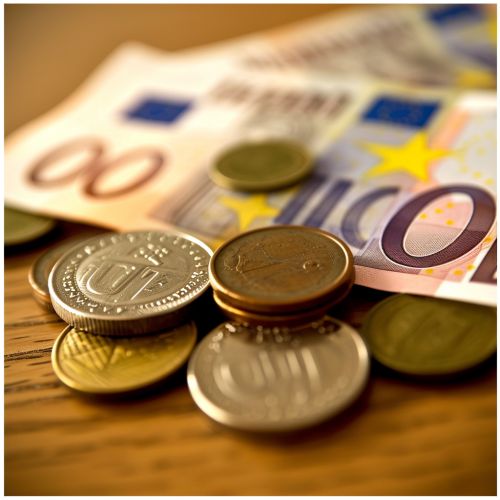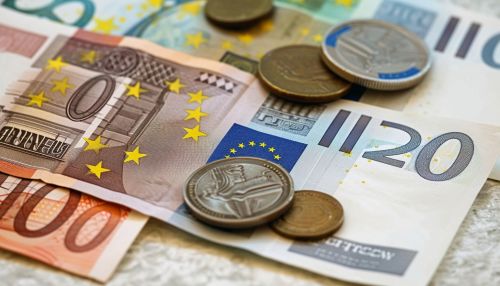Eurozone
Introduction
The Eurozone is a monetary union of 19 of the 27 European Union (EU) member states which have adopted the euro (€) as their official currency. The Eurozone came into existence with the official launch of the euro on 1 January 1999, and Greece was the last to join on 1 January 2001. The remaining eight EU member states decided to stay out of the Eurozone.
History
The idea of an economic and monetary union in Europe was first raised well before establishing the European Communities. For the EU, the first concrete proposal for a monetary union came in a report of the Werner Committee in 1970. The process of creating the Eurozone began in 1992 with the signing of the Maastricht Treaty, which set out the conditions for its creation.
Member States
As of 2021, the Eurozone consists of 19 countries: Austria, Belgium, Cyprus, Estonia, Finland, France, Germany, Greece, Ireland, Italy, Latvia, Lithuania, Luxembourg, Malta, the Netherlands, Portugal, Slovakia, Slovenia, and Spain. The remaining eight EU member states are yet to join the Eurozone.
Economy
The Eurozone economy is the second largest worldwide (after the United States) and the largest in the EU. The Eurozone's economic stability is of significant importance to the global economy. The Eurozone economic structure is based on the free movement of goods, services, capital and labour, which is fundamental to the EU's single market.
Monetary Policy
The European Central Bank (ECB) and the Eurosystem composed of the central banks of the Eurozone countries have responsibility for the monetary policy. The main objective of the ECB is to maintain price stability within the Eurozone.
Criticism and Issues
The Eurozone has faced several criticisms and issues since its formation. The most significant of these was the European sovereign debt crisis that began in 2009. Other criticisms include issues related to economic disparity among member states, the ECB's policy-making, and the lack of a common fiscal policy.
Future
The future of the Eurozone is a matter of ongoing debate among economists and policymakers. Some argue for further integration, including the creation of a Eurozone finance minister, while others argue for a return to national currencies.
See Also


